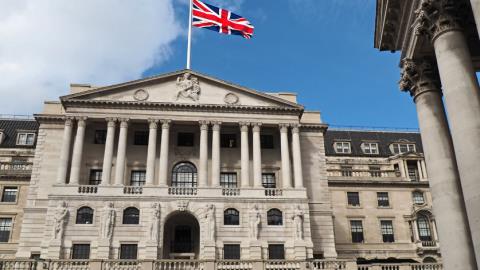As firms increasingly incorporate advanced AI-based analysis into their trading and investment strategies, the Financial Policy Committee of the Bank of England has issued a warning regarding potential financial stability risks.
Global market participants are investing billions into AI initiatives, prompting regulators to find a balance between fostering innovation and managing associated risks. The Committee has identified several concerns, including the possibility that unknown flaws in data or models could lead to inaccurate assessments of a company’s exposures.
Furthermore, the reliance on a limited number of open-source or vendor-supplied models may result in firms taking correlated positions, which could exacerbate market shocks during times of stress. A dependence on a few vendors or specific services could create systemic risks in the event of interruptions, particularly if quick transitions to alternative providers are not feasible.
The Committee states, “For instance, if customer-facing functions become heavily reliant on vendor-provided AI models, a significant outage of one or more of these models could prevent many firms from delivering essential services, such as time-sensitive payments.”
Additionally, the rise of AI may alter the cyber threat landscape. While the technology can assist banks in addressing these threats, it may also be exploited by malicious actors to launch attacks on the financial system.
The Committee emphasizes the importance of effectively monitoring AI-related risks to determine whether further risk mitigation measures are necessary to support safe innovation, identifying what those measures might be, and assessing when they should be implemented.
